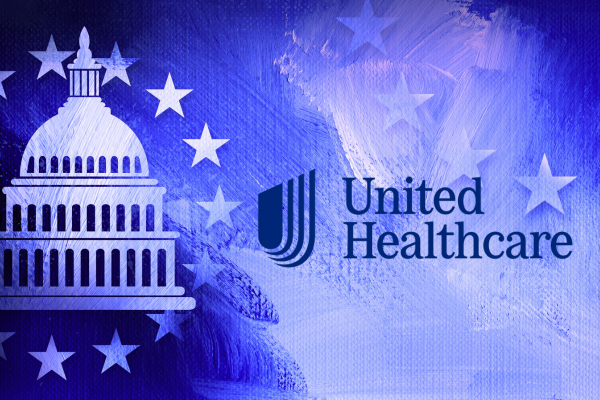During Wednesday’s U.S. Senate Committee on Finance hearing, UnitedHealth Group CEO Andrew Witty confirmed the company paid a $22 million ransom following the cyberattack on its subsidiary, Change Healthcare. This breach significantly disrupted the healthcare sector, affecting payment systems and e-prescription services vital for daily operations. Witty described the decision to pay the ransom as one of his hardest and emphasized the extensive impacts of the cyberattack, including service disruptions and concerns over patient data security.
The cyberattack, attributed to the ransomware group Blackcat, exposed vulnerabilities in Change Healthcare’s security, particularly the absence of multi-factor authentication (MFA) in certain systems. In response to the breach, UnitedHealth has implemented MFA across all external-facing systems and launched measures to support affected healthcare providers financially. The Senate hearing highlighted the broader implications of such mega-corporations on customer security and industry standards.
Why it matters: This incident is a brutal reminder of the cybersecurity risks facing large healthcare providers and the potential consequences on patient care and data privacy. The Senate’s focus on the need for bulletproof security measures and corporate accountability in the wake of such breaches underscores the importance of industry-wide security standards and regulatory oversight.
- Confirmation of Ransom Payment: The admission of the $22 million ransom payment by the CEO was made during a detailed testimony before the U.S. Senate, marking the first official confirmation of the ransom amount which had only been speculated based on cryptocurrency transactions.
- Senate Committee Reactions: Senators expressed concern over the breach, criticizing UnitedHealth for its initial lack of adequate security measures like MFA and stressing the importance of corporate responsibility in protecting consumer data. The hearing shed some light on what legislators expect from “too-big-to-fail” corporations regarding cybersecurity strategy and procedure.
- Regulatory and Support Measures: In response to the breach, UnitedHealth is not only actively working with regulators to review and strengthen its cybersecurity practices, but has also introduced a temporary funding assistance program for affected providers, indicating a commitment to support the ecosystem during recovery phases.
Go Deeper -> UnitedHealth CEO Tells Lawmakers the Company Paid Hackers a $22 Million Ransom – CNBC






